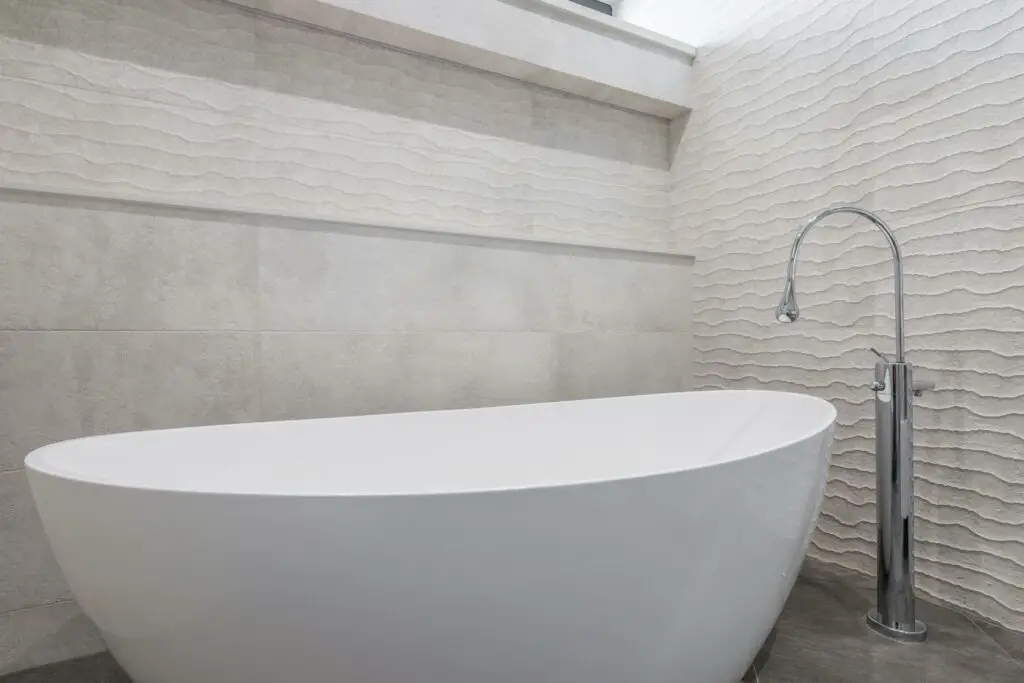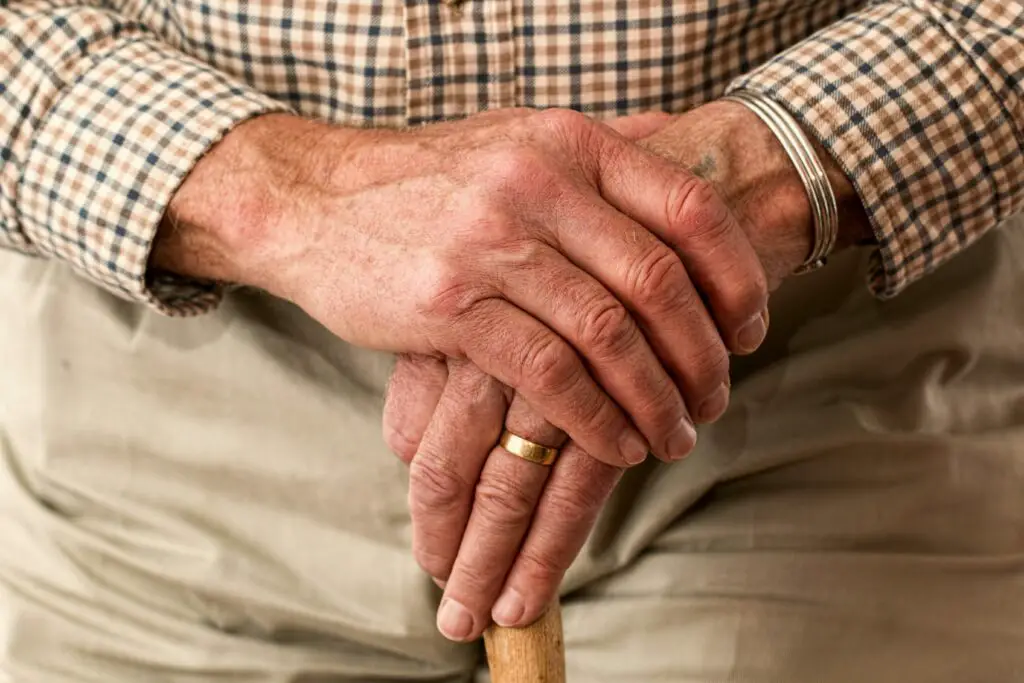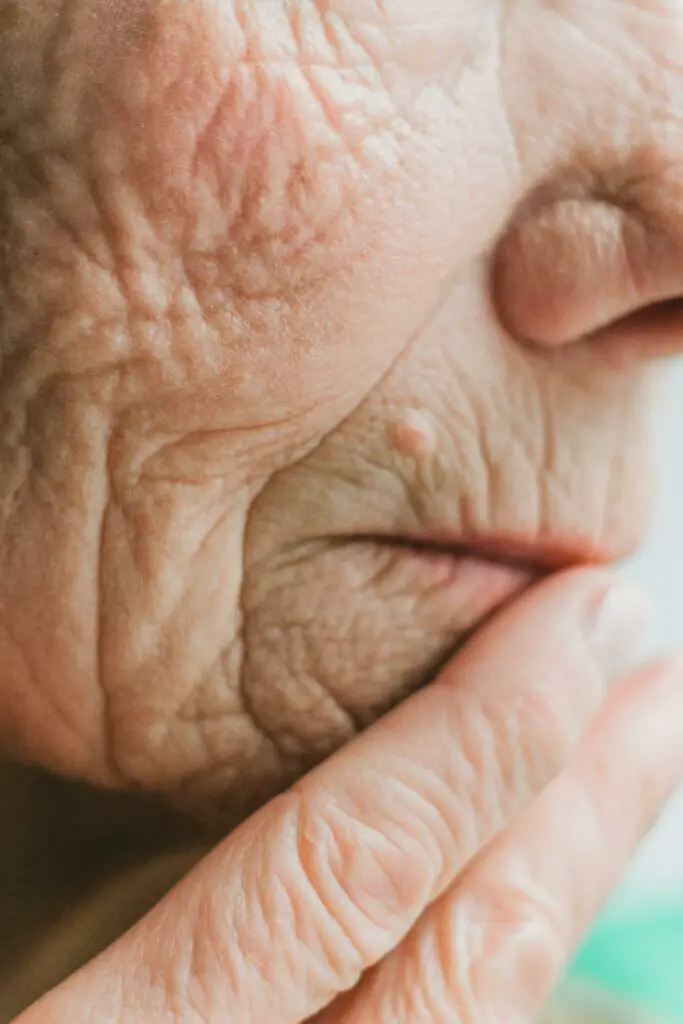Taking a bath daily what most people consider a healthy practice. Of course, there are also those who shower more than once per day, but also those who tend to skip a day or two.
However, while taking a bath feels like a simple daily task can have some health consequences on the elderly.
When people reach a certain age, usually 70 and above, their bodily functions tend to slow down. It is also the age when the body becomes more vulnerable to changes in temperature and circulation, so taking baths first thing in the morning can put stress on the liver and increase the risk of liver-related conditions. While the act of showering isn’t harmful on its own, the timing can be.
Here are some liver-related risks seniors should know about if they often bathe in the morning.
1. Reduced Blood Flow to the Liver
As we age, blood circulation naturally slows, so taking a hot bath early in the morning causes blood vessels to expand quickly, sending more blood to the skin. This can temporarily reduce blood flow to internal organs, including the liver. Elderly people with liver conditions like fatty liver, hepatitis, or early cirrhosis may experience increased liver strain and slower detoxification.
2. Higher Risk of Fatty Liver Worsening
Hot morning baths can also cause sudden changes in the blood pressure. At people over the age of 70 who suffer from metabolic conditions such as diabetes type 2, morning baths can add stress on the body which worsens fatty liver disease. If left untreated, fatty liver leads to inflammation, fibrosis, and reduced liver function.
3. Hepatitis Reactivation Triggers
Some elderly individuals carry inactive hepatitis B or C and a sudden hot or cold morning bath can put pressure on the immune system. Although uncommon, this may trigger viral activity and lead to liver inflammation.
4. Strain on a Cirrhotic Liver
People over 70 who already suffer from cirrhosis may cause further damage on their liver by taking a hot bath early in the morning. Those suffering from cirrhosis already face blood clotting, low albumin levels, and reduced detoxification, and the habit of showering in the morning may cause their circulatory system to worsen, causing swelling and fatigue. It can also increase the risk of complications like hepatic encephalopathy.
5. Increased Risk of Gallbladder and Bile Flow Problems
Since the liver and the gallbladder work together to produce and regulate bile, hot or cold morning baths can disrupt this rhythm, potentially making gallstones or bile duct problems worse.
6. Dehydration and Toxin Accumulation
Most seniors wake up dehydrated and entering a hot bath immediately can exacerbate fluid loss. Adequate hydration is crucial for the liver to detoxify efficiently, and the combined effects of dehydration and circulatory stress may impair this process.
If you are 70 or above wait at least an hour after waking up to take a bath. Further, bath with lukewarm water, make sure you stay hydrated, and limit bath time to 10-15 minutes at maximum.
Please SHARE this article with your family and friends on Facebook.
Bored Daddy
Love and Peace



